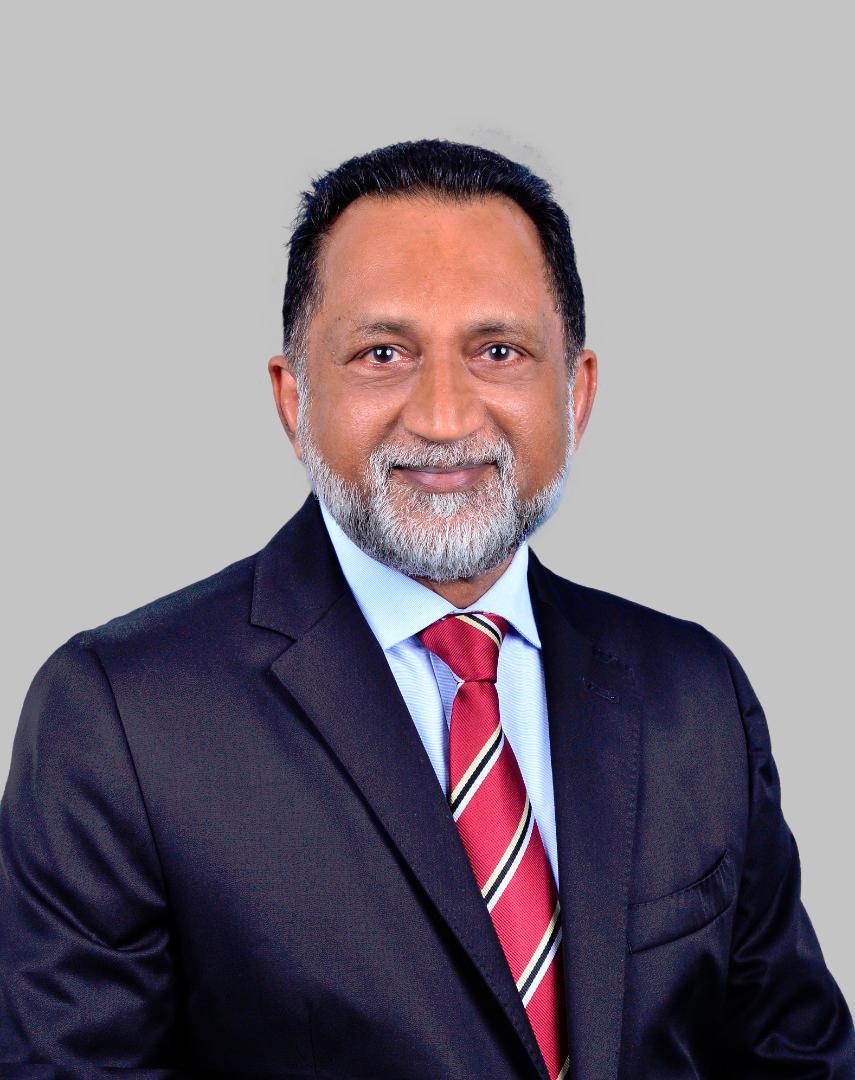PETALING JAYA: Malaysian Employers Federation (MEF) welcomes the Government’s continued focus on strengthening Malaysia’s human capital and productivity agenda under Budget 2026, which Prime Minister Datuk Seri Anwar Ibrahim has described as a
“People’s Budget”.
The RM470 billion Budget, comprising RM338.2 billion in operating expenditure and RM81 billion in development expenditure, reflects the Government’s commitment to inclusive economic growth, with a projected GDP expansion of 4 to 4.5% in 2026.
MEF president, Datuk Dr Syed Hussain Syed Husman said: “MEF commends the Government’s increased allocation of RM7.9 billion to strengthen the Technical and Vocational Education and Training (TVET) ecosystem, signaling strong commitment to building a future-ready workforce.
The emphasis on collaboration between industry players and TVET institutions is in line with MEF’s long-standing call for a demand-driven training model that ensures graduates are equipped with skills relevant to evolving industry needs.”
Syed Hussain said, “MEF also welcomes the introduction of various youth employability programmes, including Khazanah’s on-the-job training for 11,000 youth without a degree (RM200 million allocation); MARA’s RM30 million training fund with job guarantees for Bumiputera students, and RM150 million in BSN financing for youth entrepreneurs.
These initiatives are timely as employers continue to face skill mismatches, specially in digital, manufacturing, and green economy sectors.”
MEF notes with optimism the Government’s AI Nation 2030 initiative, which allocates nearly RM5.9 billion for research, development, commercialisation and innovation (RDCI), alongside an additional 50% tax deduction for AI-related training for micro, small and medium enterprises (MSMEs).
This forward-looking initiative will help Malaysian companies accelerate digital transformation and upskill employees in automation, data analytics, and AI driven productivity tools. MEF encourages the Government to ensure MSMEs and traditional industries have equal access to AI-related upskilling programmes to avoid digital disparity in the labour market.
“The extension of double tax deductions to companies sponsoring training for PWDs and the inclusion of care worker training, is also highly commendable. MEF views this as a progressive step towards improving workplace inclusivity and ensuring that employers who invest in inclusive training receive appropriate incentives,” said Syed Hussain.
The proposed i-Saraan Plus scheme for self-employed and gig workers, offering up to RM600 per year in matching EPF contributions, is a positive development that supports social protection coverage expansion.
However, MEF stresses the importance of maintaining the voluntary nature of such schemes and avoiding measures that may inadvertently increase cost burdens on platform-based
companies.
“MEF welcomes the Government’s continued focus on strengthening the care economy as part of Budget 2026, recognizing its vital role in enhancing labour market participation, especially among women, and in supporting an ageing population. The proposed allocations for childcare, elderly care, and community-based care facilities are timely, as they address long-standing gaps that have constrained many Malaysians—particularly women—from remaining in or re-entering the workforce,” said the president.
However, MEF emphasises that effective implementation and
sustainability of these initiatives will depend on a well-coordinated public private partnership framework.
To ensure long-term impact, MEF recommends:
i) Incentivising employer participation through enhanced tax deductions or matching grants for companies that assist employees to send their children to childcare centres or provide childcare subsidies.
ii) Professionalising the care workforce through structured training, certification, and career pathways under the TVET framework.
iii) Strengthening regulatory standards and monitoring to ensure quality and safety of care services while avoiding excessive compliance costs for employers.
iv) Integrating digital and flexible work arrangements to complement care related initiatives, enabling greater workforce retention among caregivers.
MEF said it supports the Government’s vision of a more inclusive and caring society through the care economy, but stresses that policy alignment, cost-sharing mechanisms, and employer engagement will be key to ensuring that the initiatives lead to productive employment, social inclusion, and sustainable growth.
While MEF supports the pro-growth and inclusive intent of Budget 2026, it emphasises the need for:
i) Better coordination between ministries, training institutions, and employers to ensure skill development funds such as HRD Corp levy collections, TVET allocations, and AI training incentives are fully aligned with industry demand.
ii) Incentives for workplace productivity and automation, including tax relief for investments in labour-saving technologies to address rising wage and operational costs.
iii) Simplified compliance requirements under new regulatory initiatives, including the proposed carbon tax and National Climate Change Bill, to prevent excessive administrative burdens that may affect business competitiveness.
MEF views Budget 2026 as a balanced and pragmatic plan that strengthensMalaysia’s human capital base, enhances youth employability, and prepares the workforce for the digital and green transitions ahead.









